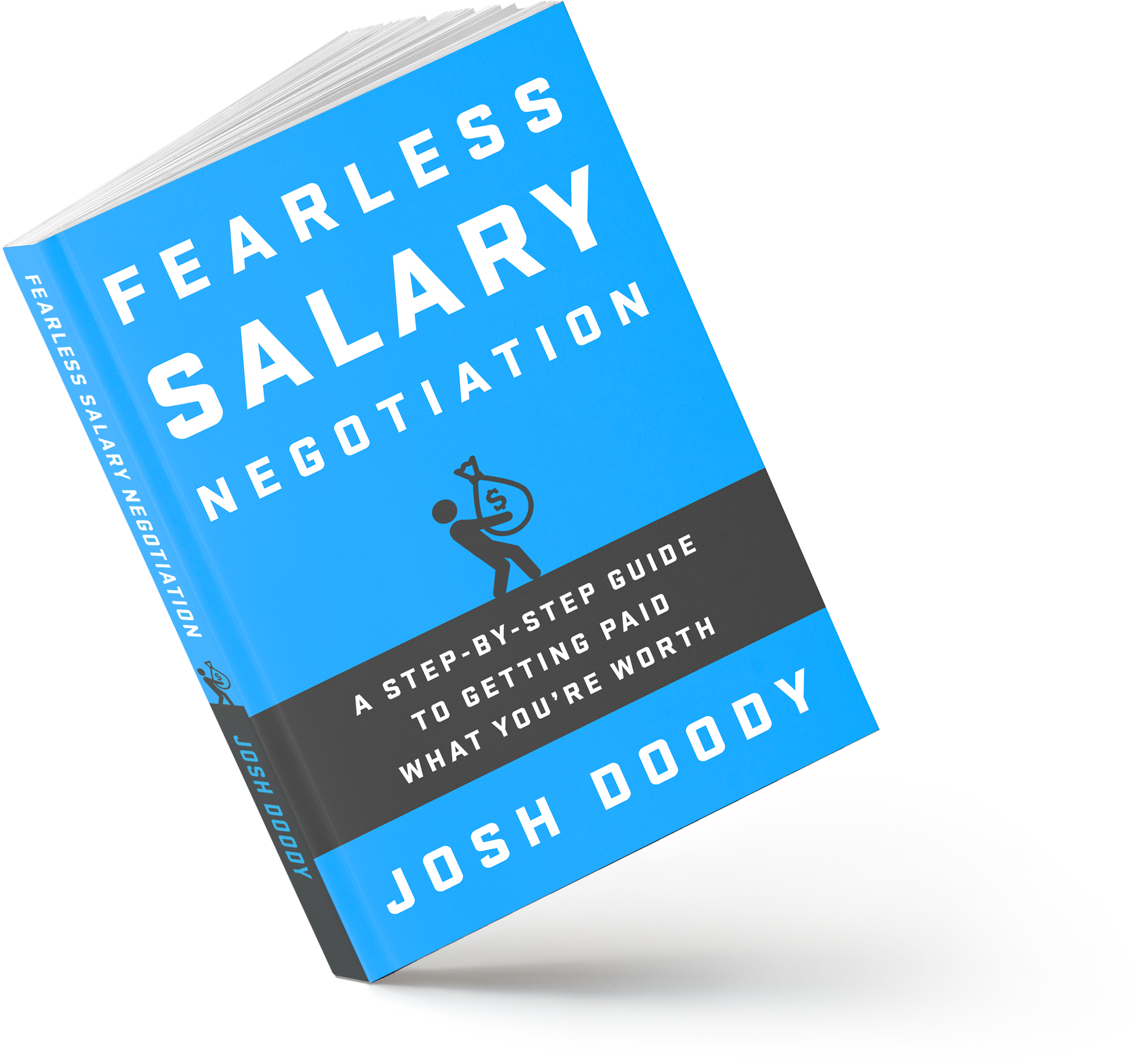
Why are you the best candidate for this position?
How to describe why you're a valuable candidate for the position
How to describe why you're a valuable candidate for the position by addressing the company's specific goals and needs.

How to describe why you're a valuable candidate for the position by addressing the company's specific goals and needs.
You have two main objectives before you begin negotiating:
This is extremely subjective, but you’ve spent enough time researching and discussing this particular job that you should be able to identify what your most valuable attributes are as they relate to the job and the company. Think about them and then write them down.
Start by thinking about what needs this company hopes to meet by filling this particular job. Identifying their needs is key because you can tailor your own pitch to specifically address those needs. The research you did in the preparation phase of your interview process will come in handy as you prepare to negotiate your new salary.
Here are some needs the company may be trying to satisfy:
Once you have identified the company’s needs, you should think about your particular positive attributes that could help address those needs.
Each person and each job is unique, but here are some things you might write down:
Finally, put these together so you can relate your positive attributes to specific needs the company has. Here are a couple examples of some attribute-for-need combinations:
Notice that a lot of urgency is built into these attribute-for-need combinations. This is because most companies see recruiting and hiring as a big expense. A large portion of that expense is new-hire training and onboarding—it takes a lot of time and money to train new people to become productive. You’re letting them know that you’re valuable because you have this particular skillset and you can contribute right away and minimize the onboarding and training expenses required for you to be productive.
We’ll come back to this information throughout the negotiation and leverage it whenever there’s an opportunity to bolster your case.

I'm Josh Doody, a professional salary negotiation coach who helps High Earners negotiate their job offers. On average, High Earners improve their first-year compensation by $47,273 with my help.
Apply for a free 15-minute intro call to learn how I can help.